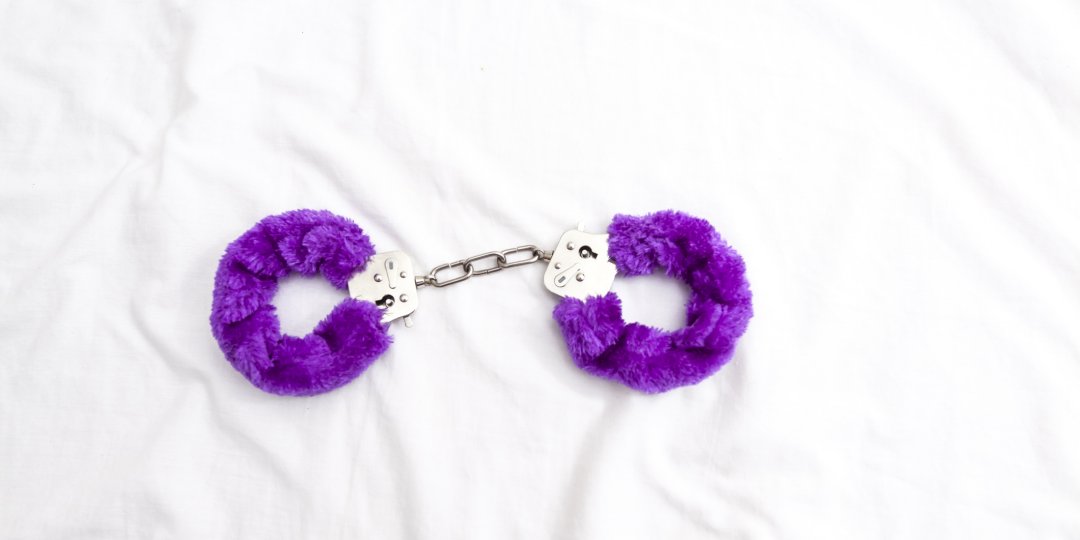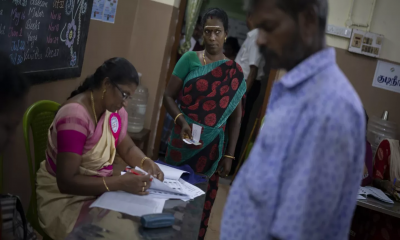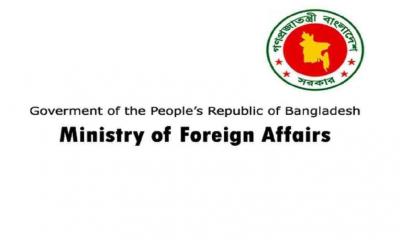On Saturday, the Criminal Investigation Department (CID) of Bangladesh police arrested six youths for selling sex toys online from Mirpur area of the capital. Since then the question has been strolling around, is selling sex toys illegal in the country? Can using sex toys also fall under a matter of legality? If so, what’s the laws and punishment for that? Let’s discuss this below.
What’s a sex toy?
A sex or adult toy can be defined as an object used to provide or increase sexual pleasure. These are used not only for pleasure but also if someone has medical issues such as sexual dysfunction or medical condition.
There are numerous types of sex toys used by people of all genders (i.e male, female, transgender) and different sexual orientations. That’s why this business has emerged as a very up and coming industry.
Is it illegal to sell sex toys?
There is no direct law in Bangladesh which prohibits selling sex toys or term this business as an illegal one. However, section 292 of Penal Code 1860 which deals with “Obscenity” is somewhat related to this issue. As the act says,
“Sale, advertisement, distribution and the public exhibition of obscene books, sketch, drawing or any other “obscene” object, illegal.”
Now exactly what will justify an object being obscene one? According to this law for an object to be obscene it must be “Lascivious or appeals” to prurient interests and
have a tendency to “corrupt or deprave”. But there is no harm if the act is private.
Now this is where the legal provision gets confusing. There is no certain definition that drags “sex toys” under the obscenity rule.
The Report spoke to Supreme Court Advocate Ashraf-Ul-Alam in this regard. According to him, selling such sexually provocative products are illegal under section 25 (B)
of the Special Powers Act 1974. It gives the government the authority to take action against smuggling, in this case import of any product which is not authorised by the Bangladeshi government will be considered as illegal.“Definitely it’s a crime. They haven’t taken any legal permission or NOC to import these products. It’s not legal to sell any products which are vulgar or provoke sexual tension.”
And the punishment for such offense is imprisonment up to seven years.
It may be noted that, the CID has filed the case under the Digital Security Act (DSA). Whereas, the act itself doesn’t term any sexually provocative product such as illegal.
Speaking about this issue. Barrister Yeadia Zaman told The Report, “Sex toy is not an authorised product to sell in our market according to export-import law of Bangladesh. So, in this case, if a party is trying to promote or sell any illegal product on digital platforms that definitely falls under DSA.”
Why is this a flourishing global business?
If the issue of legal and cultural conflict can step aside in the country context, sex toy industry is one of the most booming global businesses and in some parts of the world it is regarded as the Fast-Moving Consumer Goods (FMCG).
According to a forecast of market research farm Technavio, global online sex toys market is poised to grow by $5.74 bn during 2020-2024, progressing at a compound annual growth rate (CAGR) of about 8% during this period.
The market is driven by the growing LGBT population, growing interest among women towards experimenting with sexual wellness products without hesitation and the couple's desire to experiment with sexual activity to keep up the spark.
In fact, the demand of these products skyrocketed during COVID-19 lockdown. For example, the sale of sex toys and other adult products has increased by 65% in the post-lockdown phase in India. In fact, the world’s manufacturing hub China also constituted a business worth of $14.7 bn during the pandemic.
Many developed and liberal nations possess quite an open view towards these products, they also term these as the “Sexual wellness products''. As the growing millennial generation and evolving mentality has enabled people to think that sexual pleasure does not necessarily always have to depend on another person and this is also an area of fun and experiment.
The neighbouring nation India also faces similar legal and cultural restrictions to sell such private products. On the contrary, in 2011 a decision given by Calcutta High Court said that “just because the toy brings out sexual desires, it cannot be labeled as ‘obscene’.” That’s popular indian e-commerce platforms such as Amazon, Flipkart, Snapdeal are selling these toys and turning this industry into a money-making venture.
Bangladesh may have to go a long way or process to break the taboo or legalise such products and businesses, concerned people opined.
























-20240416150710.jpeg)




-20240416051011.jpg)






